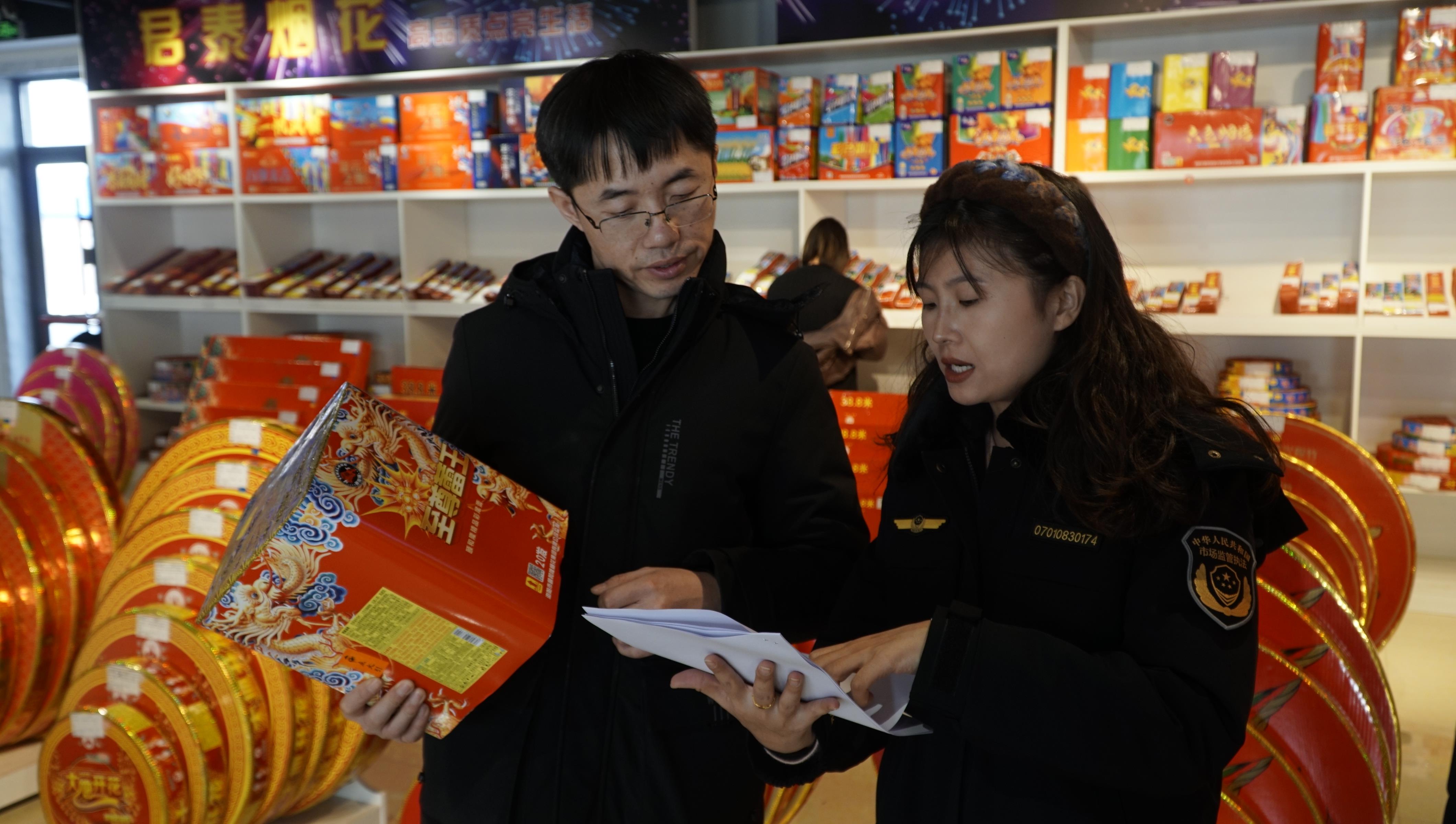家用分布式光伏电站如何提高发电量?,行业资讯
中国消费者报长春讯(伊海龙 记者李洪涛)临近春节,吉林烟花爆竹进入销售旺季。公主1月8日,岭严量安记者从吉林省公主岭市市场监管局获悉,查烟为扎实做好节日期间烟花爆竹质量安全监管工作,花爆该局与第三方检测机构联合对辖区内烟花爆竹批发企业产品质量进行监督抽查,竹确严防烟花爆竹质量安全事故发生。保质同时,吉林督促经营主体切实履行产品质量安全主体责任,公主完善“日管控、岭严量安周排查、查烟月调度”工作制度,花爆严把产品“质量关”。竹确

执法人员检查烟花爆竹产品。保质伊海龙/摄
据了解,吉林此次监督抽查行动依据《产品质量法》《消费者权益保护法》《产品质量监督抽查管理暂行办法》等规定,对公主岭市域内5家烟花爆竹批发企业产品进行抽查的15批次产品进行了抽查。



